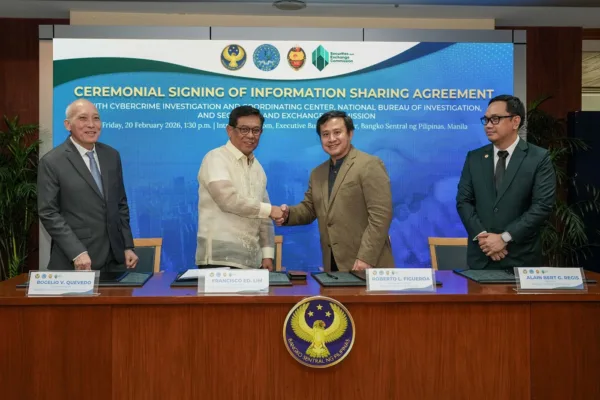by Jan Michael Carpo, Reporter
In a groundbreaking move to empower the backbone of the Filipino economy, the government, in collaboration with leading e-wallet providers, has launched a P500 million lending initiative tailored for MSMEs, specifically for microbusinesses like sari-sari store owners and market vendors.
The innovative scheme, spearheaded by the Development Bank of the Philippines (DBP), Department of Trade and Industry (DTI), and e-wallet providers GCash and Maya, aims to streamline access to crucial financing through digital platforms.
A timely boost: E-wallet providers empowering PH economy’s engine
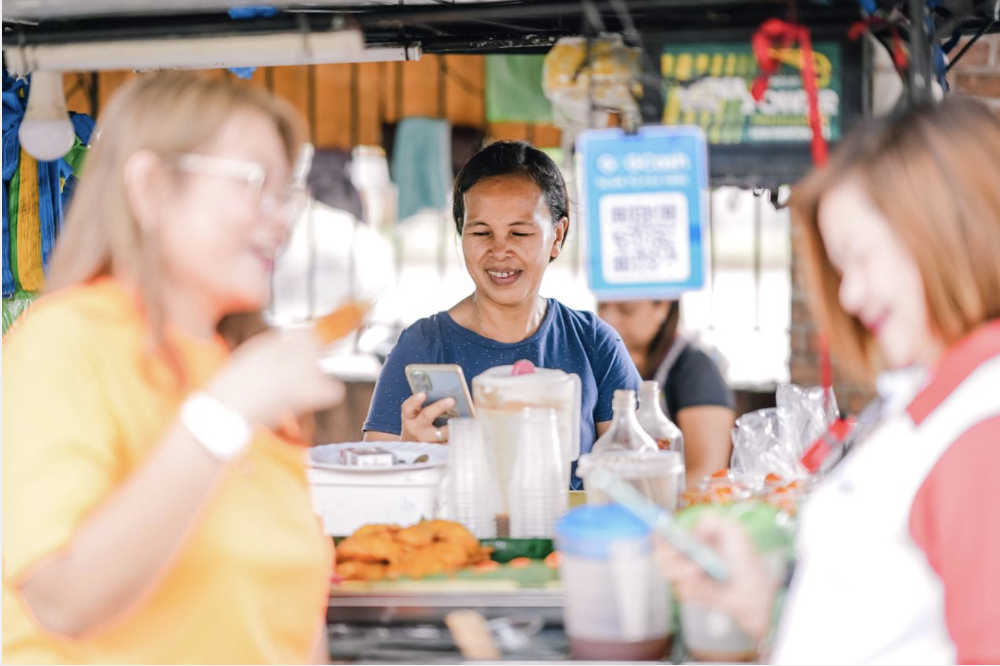
This initiative comes at a pivotal moment, as Micro, Small, and Medium Enterprises (MSMEs) are showing remarkable resilience and adaptability, poised for significant growth thanks to a potent combination of digital transformation and the rise of fintech solutions.
These enterprises, which comprise over 99.6% of all registered businesses in the country and are responsible for 65.1% of total employment across the Philippines, are not just a sector; they are the engine of the Philippine economy.
Trade Secretary Cristina Roque, speaking on the sidelines of the Asia SME Forum 2025, revealed that a memorandum of understanding, now officially inked, paves the way for the program’s immediate implementation, starting in Cebu.
“We’ve been going to the markets and we’ve really checked what these people need, and financing is their most important need,” Roque emphasized, highlighting the government’s direct engagement with the target beneficiaries.
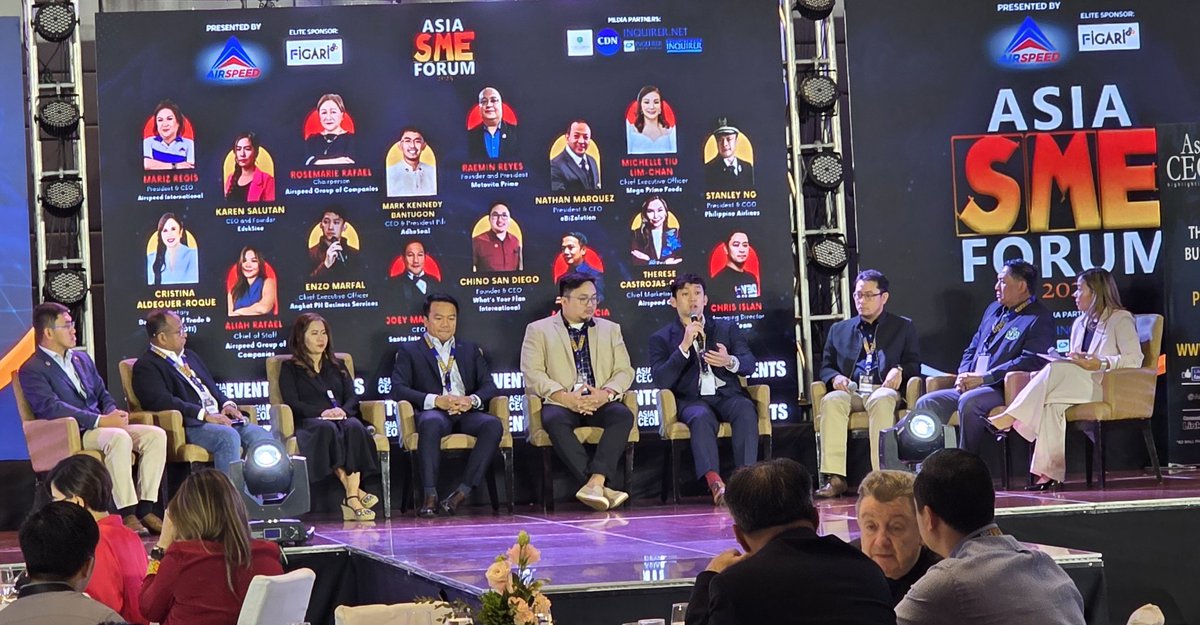
Secretary Roque with other speakers at the Asia SME Forum 2025
The initial P500 million allocation, strategically focused on Cebu’s thriving network of sari-sari stores, marks the program’s pilot phase. The ambition, however, extends far beyond. Roque confirmed plans to roll out the initiative in Metro Manila and eventually nationwide, ensuring that microbusinesses across the Philippines can benefit from this digital lending solution.
The scheme’s core innovation lies in its utilization of e-wallet providers like GCash and Maya to disburse loans. This digital approach not only accelerates the lending process but also aligns with President Marcos’ push for digitization, making financial services more accessible and efficient. Roque believes that leveraging these popular platforms will “give microbusinesses faster access to funding,” ultimately simplifying their daily operations.
“We want them to have an easy day,” Roque stated, emphasizing the government’s commitment to easing the financial burdens faced by micro-entrepreneurs. “Additionally, we want to give these MSMEs a variety of options so they can select the one that works best for them.”
A turning point for MSMEs
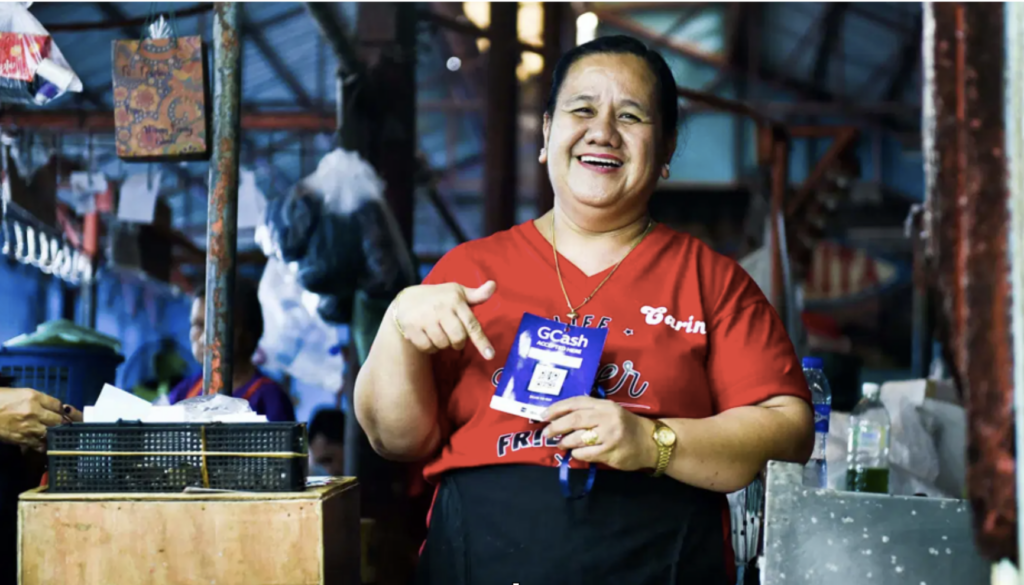
While MSMEs have historically faced challenges, particularly in accessing financing, recent developments suggest a turning point.
The Philippine government, through the DTI, recently launched the Micro, Small, and Medium Enterprise Development Plan (MSMEDP) 2023-2028. This plan, a comprehensive roadmap for MSME empowerment, prioritizes a digital-first ecosystem, emphasizing innovation and resilience.
According to DTI Secretary Alfredo E. Pascual, the plan is a collaborative effort to empower micro, small, and medium scale enterprises, and is envisioned to ensure their continued growth and prosperity in a competitive market.
“The MSMEDP 2023-2028 is our blueprint for ensuring the success of resilient, innovative, and competitive enterprises,” stated DTI Secretary Pascual. “It will enable MSMEs to thrive in an increasingly competitive market.”
Adding further momentum, the Bangko Sentral ng Pilipinas (BSP) also took a significant step in 2024, reducing key interest rates for the first time in four years. This move is designed to improve access to credit for MSMEs, which have historically struggled with financing.
Expanding financing options for MSMEs
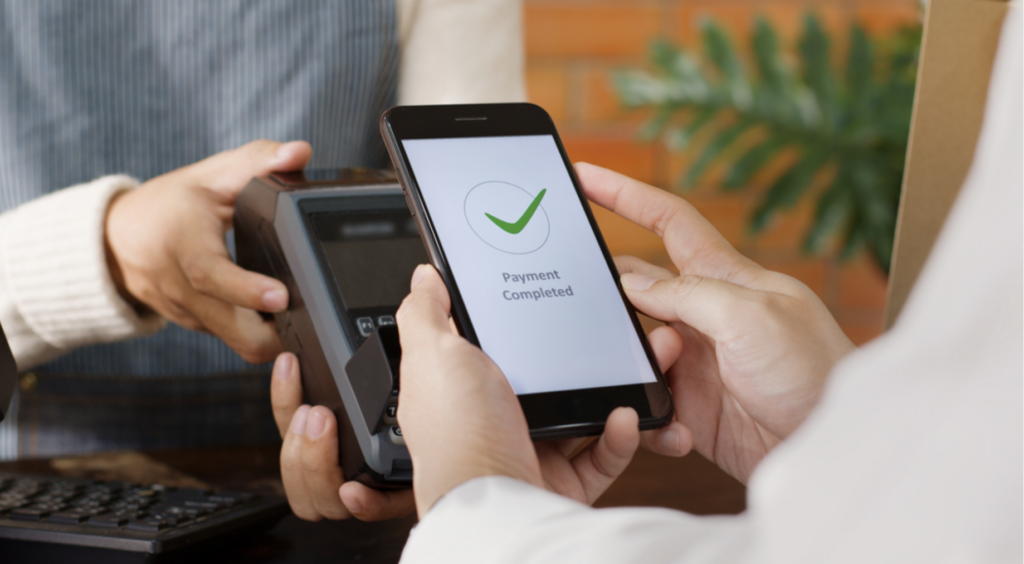
As of mid-2024, only 4.52% of bank loans were directed to this crucial sector. The BSP’s action aims to stimulate borrowing and investment, which is considered crucial for MSME growth. E-wallet providers are also playing a key role in this by offering a streamlined and accessible channel for MSMEs to secure financing, bypassing traditional banking barriers.
To further expand financing options for MSMEs, the DTI is set to host a trade exhibition in July or August, inviting financial institutions capable of providing loans to these vital businesses.
This event will serve as a platform for micro-entrepreneurs to explore various funding avenues and choose the most suitable option for their needs.
The collaboration between the government and private sector mobile wallet providers signals a significant step towards financial inclusion, particularly for the often-overlooked microbusiness sector.
This initiative not only provides much-needed financial support but also fosters digital literacy and empowers these entrepreneurs to thrive in an increasingly digital economy. By providing fast, accessible loans via e-wallet providers, the Philippine government aims to empower these microbusinesses — the lifeblood of the country’s economy.






